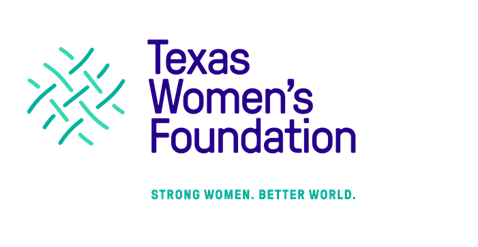Via: Dallas Morning News Editorial
Some data points are profoundly disturbing, even if you had long feared that they might be true.
That is the case with a report recently released by the Dallas Women’s Foundation and the Institute for Women’s Policy Research that found that Hispanic women are locked in poverty in our area in stunning ways and at shocking rates.
The report found that women in general earn far less than men in Collin, Denton, and Dallas counties but that Hispanic women lag so far behind in these counties that they appeared unable to break free of the bonds of poverty. In fact, the report finds that Hispanic women in these counties are likely to be worse off than other women in all three counties and experience the deepest economic misery in Dallas County.
According to the study, the median annual earnings in Dallas County for Hispanic women is $25,345, about $11,000 less than for African-American women and about $26,168 less than for white women. As a result of poverty level wages, Hispanic women in Dallas County experienced the highest poverty rate, 22.8 percent, more than women in the other counties, and earn just 38.4 percent of what men earn.
The problem here is both the sharp disparity and the hard reality that the concentration of poverty risks trapping generations in low-income lives.
Roslyn Dawson Thompson, president and CEO of the Dallas Women’s Foundation, says women, many of whom are Hispanic, hold about 63 percent of the minimum wage jobs in North Texas. She says the inability of Hispanic women to earn a decent living and accumulate financial resources trims millions, if not billions of dollars, in wealth and productivity from the local economy.
Based on current trends, she predicts it will take decades for Hispanic women in North Texas to reach pay parity with white women, and much longer than that to reach parity with men.
Reversing these trends requires proactive approaches that attack the factors that have long mired many Hispanic women in poverty. There are the obvious causes, such as language and education barriers. Many also lack the skills needed to get better-paying jobs. And then there is this reality: Many bear the burden of being the sole head of household.
Cracking apart these and other problems will take a more creative approach than we’ve seen in the past. Or as Dawson Thompson, puts it, “Whatever we have been doing isn’t working.”
National experts at the Institute for Women’s Policy Research point to, among other things, enforcing nondiscrimination laws, preventing wage theft and improving access to jobs, better education, paid leave and affordable childcare as possible solutions. After all, many women risk losing a day’s wages or even a job if they stay home with a sick child or struggle to build any financial foundation that will allow them to lift themselves out of poverty. Enabling them to overcome those problems will go a long way.
The bottom line we draw from the top line of this report is that North Texas is facing a challenging set of economic trends. Allowing a system to go on that offers lower earnings to half the population and meager sums to large swaths of Hispanic and African American women perpetuates poverty. When women fully share in the region’s prosperity, we will all be better off.
